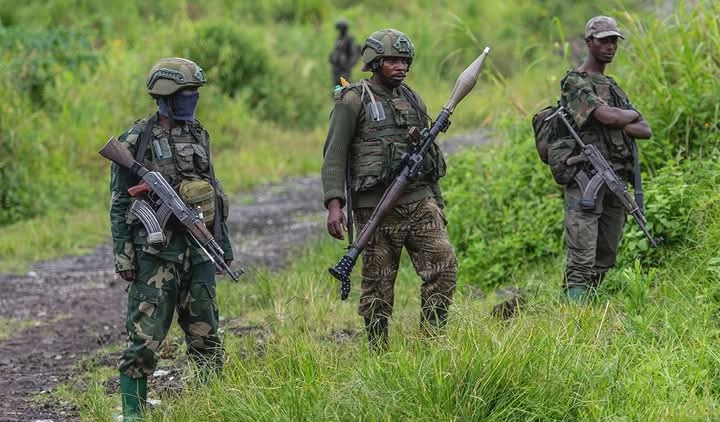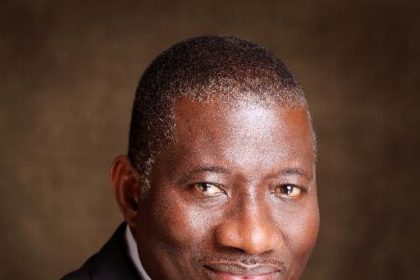By Adeyemi Adekunle
The Democratic Republic of Congo (DRC) has taken a hardline stance against media freedom, banning Al Jazeera over its recent interview with a key rebel leader and issuing chilling warnings to journalists reporting on the M23 insurgency. The moves come amid escalating violence in the eastern DRC, where the M23 rebel group has gained significant ground in recent days.
On Thursday, government spokesperson Patrick Muyaya announced that press credentials for Al Jazeera, the Doha-based satellite news network, had been revoked. Muyaya accused the network of violating journalistic protocols by airing an interview with Bertrand Bisimwa, the leader of M23, without proper authorization.
The spokesperson described the interview as “an apology for terrorism,” condemning the network for providing a platform to a group deemed a terrorist organization by the government.
The controversial interview, aired on Wednesday, featured Bisimwa blaming the Kinshasa government for violating a fragile August ceasefire and portraying the M23 movement as engaged in an “existential war.”
This interview has further strained relations between the government and media outlets covering the conflict in the mineral-rich eastern DRC, home to over 100 armed groups and the epicenter of recurrent violence.
Adding to the mounting pressure on journalists, DRC Justice Minister Constant Mutamba issued a chilling statement on X (formerly Twitter), threatening those who report on the activities of M23 or its alleged ties to the Rwandan army.
“Anyone who reports on the activities of the Rwandan army and its M23 auxiliaries will now suffer the full force of the law – DEATH PENALTY,” Mutamba wrote, despite no legal framework explicitly criminalizing such reporting.
Al Jazeera has yet to respond to the ban, which marks an alarming escalation in the DRC government’s attempts to control narratives around the ongoing conflict.
M23, an infamous rebel movement accused of war crimes and backed by Rwanda, first gained global notoriety a decade ago when it seized the strategic border city of Goma. Since late 2021, the group has reemerged with renewed strength, capturing large swaths of territory and displacing over a million people. The region’s rich mineral resources have fueled tensions and provided a lifeline for armed groups, complicating efforts for peace.
The ban on Al Jazeera and the justice minister’s threatening statements have drawn criticism from press freedom advocates. “This is an unacceptable attack on press freedom and a blatant attempt to silence journalists,” said a representative of an international media rights organization. “The public has a right to know about conflicts that impact millions of lives.”
Observers argue that stifling media coverage does little to address the root causes of the rebellion or foster accountability. Instead, the government’s actions risk deepening tensions in an already volatile situation while undermining democracy and human rights.
As fighting intensifies and humanitarian crises worsen in the eastern DRC, the role of the media in shedding light on these realities becomes more critical. However, with heightened threats against journalists, the ability to report freely and impartially is in jeopardy, raising concerns about transparency and accountability in the conflict.
The DRC’s move against Al Jazeera underscores the high stakes for journalists working in conflict zones and amplifies calls for international condemnation of any attempts to suppress the press. With tensions running high, the world watches closely to see how this fraught situation unfolds.




